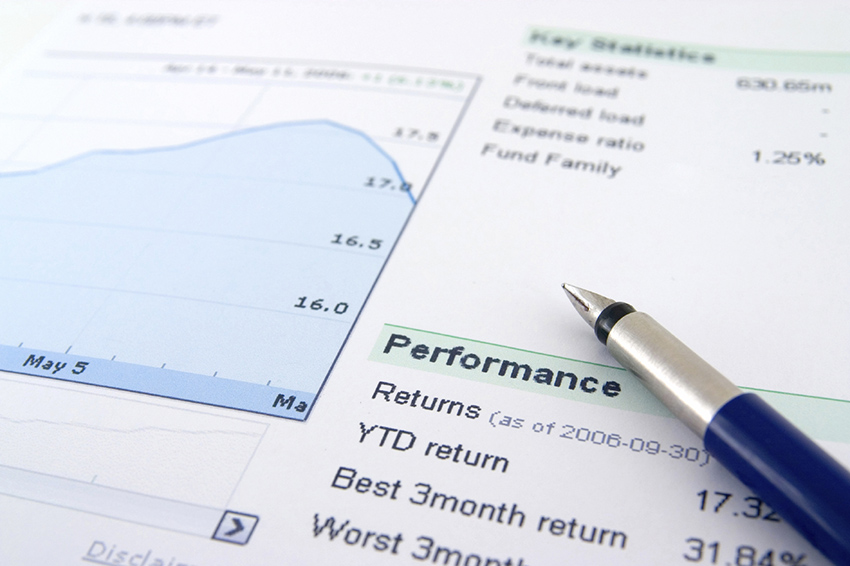When it comes to making investing decisions, don’t let tax considerations solely dictate your investment strategy. However, taxes are an important part of investing and educating yourself on the basics can benefit you, especially in retirement.
So how do you determine if, how and when your assets will be taxed? Will they be subject to capital gains taxes or ordinary income taxes? There are a number of variables for investors to consider and Fisher Investments has valuable suggestions on how to help create and adhere to a tax-efficient strategy that aligns with your long-term financial goals
-
Investment Tax Rate
-
Lowering Your Taxes
Alternatives to Tax-Deferred Accounts
An alternative to a tax-deferred account is a tax-exempt account, such as a Roth IRA or a retirement plan with Roth contributions. In these accounts, you pay taxes on the money before contributing, and you normally will not owe income taxes on withdrawals. Unlike traditional IRAs and Roth 401(k) plans, there are no RMDs for Roth IRAs during the account owner’s lifetime.
With tax-exempt accounts, another potential tax benefit is you won’t pay capital gains taxes on your investment gains. That means you won’t have to see income taxes on your withdrawals or capital gains taxes on short-term capital gains, short-term losses, long-term capital gains or long-term losses.
The option that will benefit you most depends on your current tax rate and your tax rate in retirement, so it may be best to discuss your options with a tax adviser.
- The wash sale rule seeks to prevent investors from incurring losses and repurchasing securities immediately after selling them. If you end up incurring a wash sale, you may not be allowed to use the realized tax loss to offset your capital gains.
For investors, losses are bound to happen, but losses alone shouldn’t necessarily change your outlook for an investment. Tax-loss selling to offset your capital gains, however, can be a viable way to help manage your tax bill.
Nothing herein constitutes legal, tax or investment advice. The foregoing constitutes the general views of Fisher Investments and should not be regarded as personalized advice. Please seek the guidance of a CPA when making tax planning decisions. Investing in securities involves a risk of loss. Past performance is no guarantee of investment returns. Investments in securities involves the risk of loss.
1(https://www.irs.gov/pub/irs-pdf/f1040sd.pdf, n.d)
2(https://www.irs.gov/pub/irs-pdf/p590a.pdf, n.d.)
3(https://www.irs.gov/pub/irs-prior/p590b-2021.pdf, n.d.)













